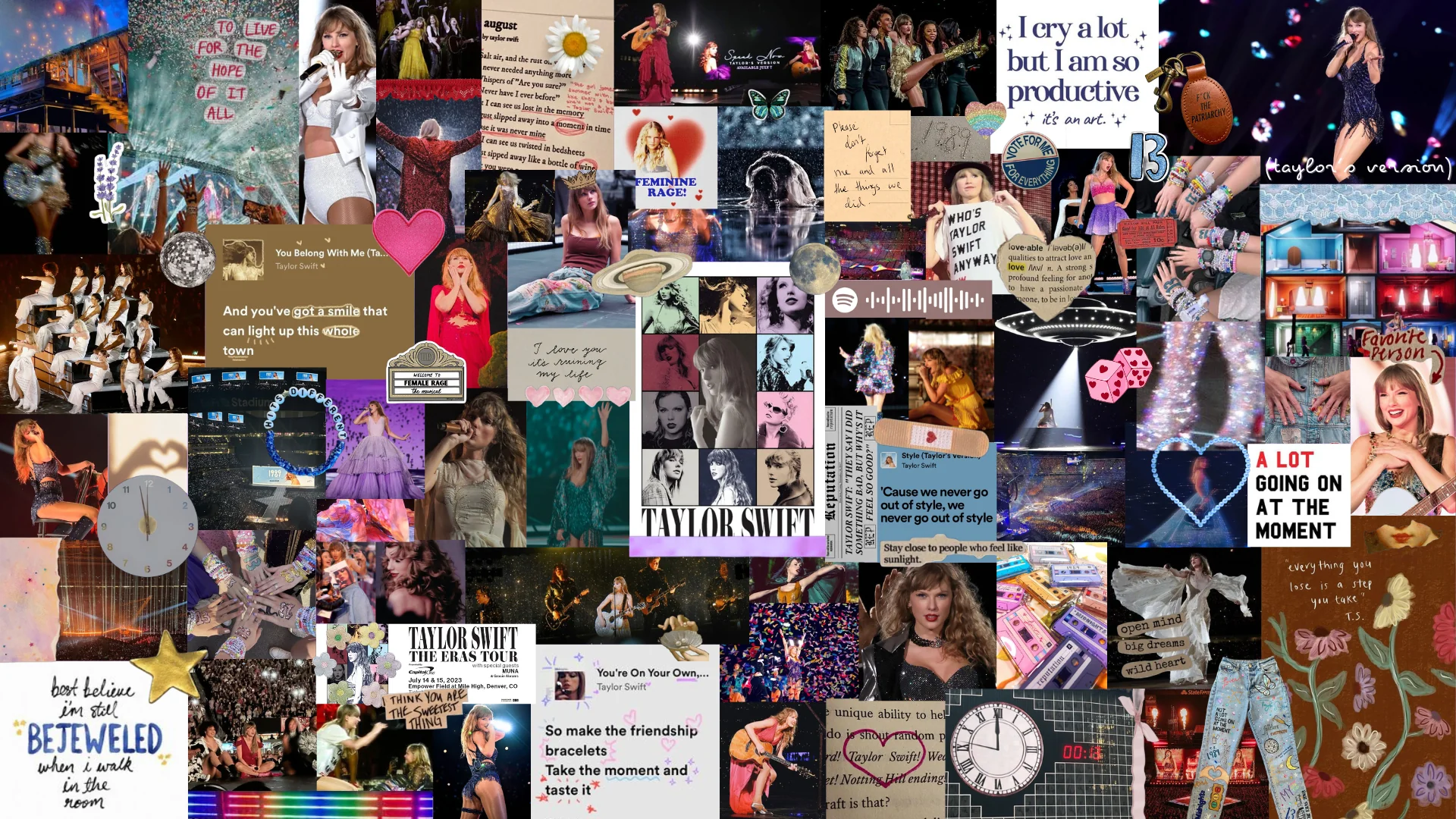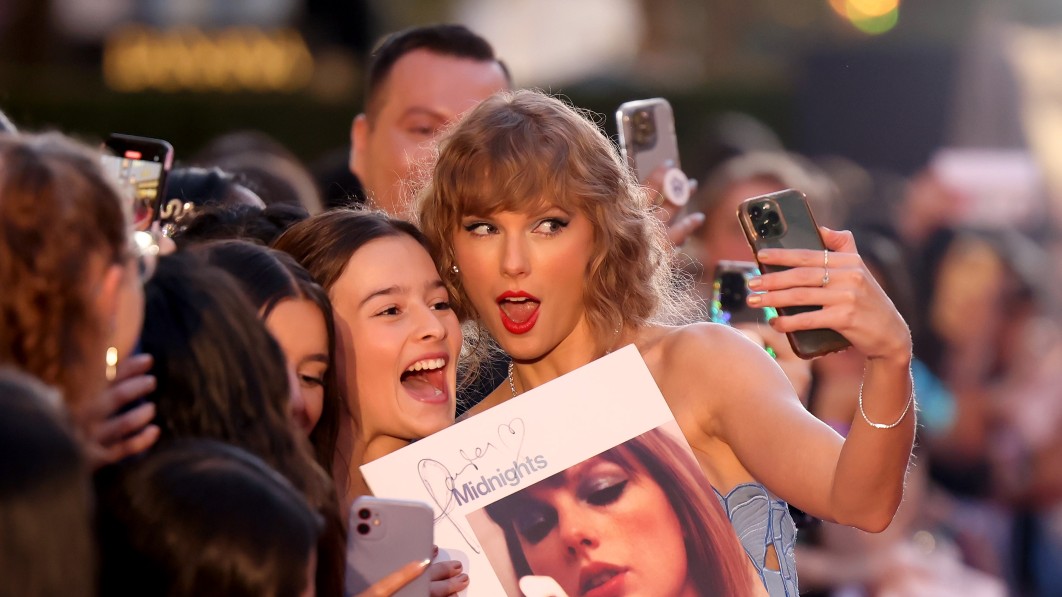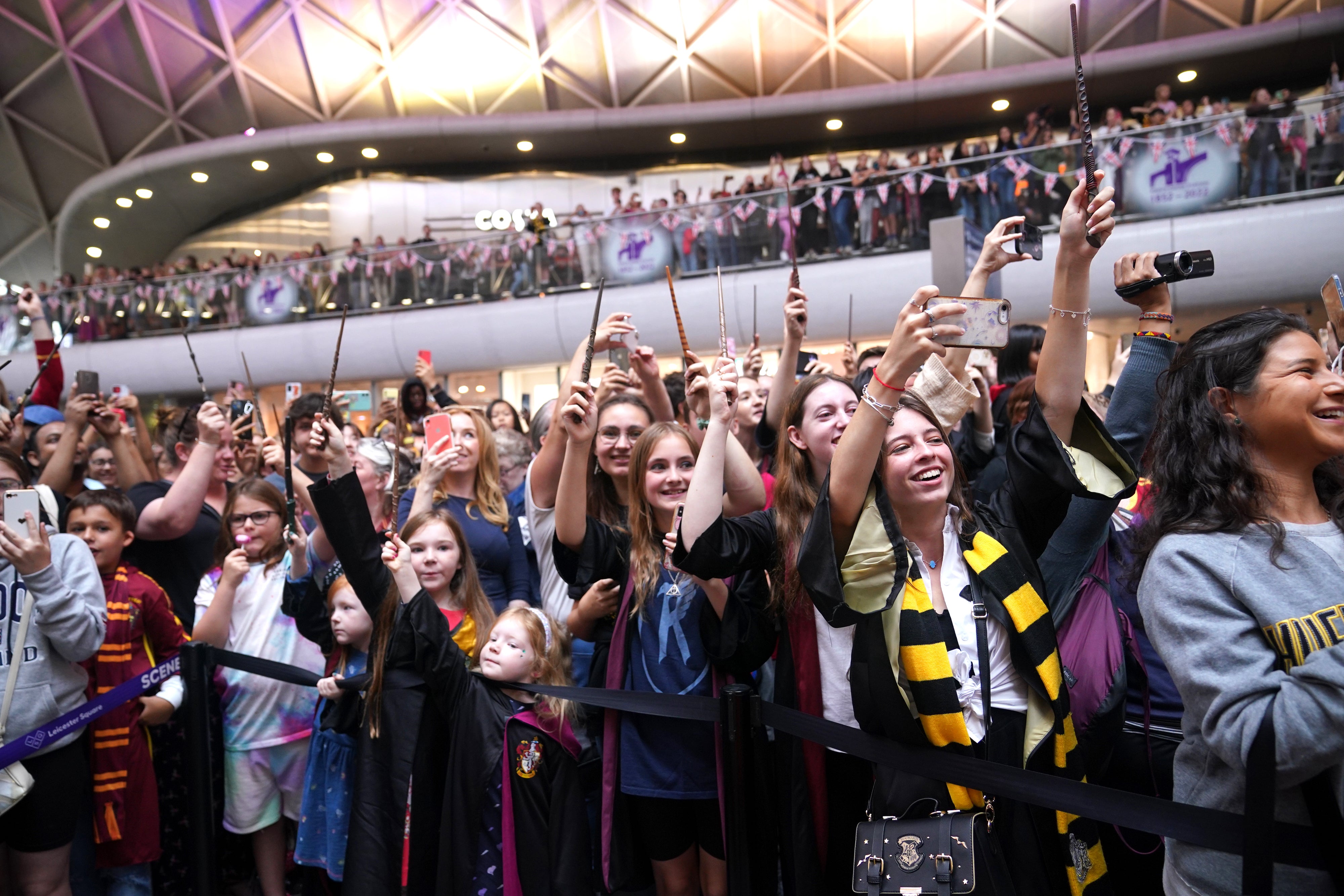LIFESTYLE
MABEL ALEXANDER
June 5, 2025

Since my early teens, I have fangirled my way through puberty. Looking back, I spent countless hours immersed in fandoms. I clearly remember being too upset to study in 7th grade because Zayn had left One Direction. Summer breaks, where I used to stay up at night under the sheets finishing the Harry Potter fanfiction on Wattpad. Not that I’ve outgrown that habit. Most recently, I had to come to terms with BTS going on hiatus to serve in the military.
While most may say this is a waste of time, it is far from the truth. I have cultivated many friendships, whether online or IRL, through various fandoms. But why do we form these connections?
At its core, fandoms are all about finding your tribe. People join fandoms to connect with others who share their passion, forming communities that offer acceptance and understanding. Whether you are a BTS Army or a Swifty, you are part of a global community where you are validated and seen. According to Impact, 70% of fans state that their fandom and the community are part of their everyday life. For those who felt like outsiders during their school years, finding passion in a beloved book, music artist, or movie provided solace, while discovering kindred spirits who shared these interests ultimately helped them survive those challenging times. There’s even data to back this up: according to a study by Amazon, 36% of fans say that the biggest benefit of being part of a fandom is that it makes them happier.


Psychologists talk about social identity theory to describe how fandoms work and are so powerful. This theory suggests that we define part of our identity with the fandom we associate ourselves with. With this, we understand that a fandom is like a community—you know and share a common language, like inside jokes, have rituals like events or streaming parties, and a sense of purpose.
I carry the badge of being a fangirl proudly, but most make us out to be ditzy and over-obsessed girls who have nothing better to do with our time. This is far from the truth. There are many parts of being in a fandom that these naysayers don’t see. There have been times when some fandoms have come together to make philanthropic efforts in the name of their artists. For instance, most recently, India’s K-pop community garnered widespread acclaim for their vigilant efforts to debunk and curb the flow of misinformation sweeping across national media channels and social platforms.
Fan communities today transcend boundaries, with social media platforms serving as vibrant hubs where fangirls worldwide celebrate their beloved idols with unbridled enthusiasm. What begins as digital connections frequently blossoms into tangible relationships, as enthusiasts gather at meticulously organized local events, sold-out arena shows, intimate album listening parties, and literary discussions centered around fresh releases.



The concert experience has evolved into an art form itself, with attendees crafting elaborate ensembles and forging instant bonds with fellow fans who share their creative dedication. Scrolling through countless TikTok videos of Swifties exchanging handcrafted friendship bracelets and passionately debating their favorite “era” during Taylor Swift’s record-breaking Eras Tour reignited my own sense of fandom pride. In these moments of collective joy and shared passion, being a devoted fan feels less like a hobby and more like belonging to a global tribe united by music, art, and genuine human connection.
My days as a fangirl will continue as long as I find solace in stories—through music, film, television, and books. I’ve found not just an identity, but a family.